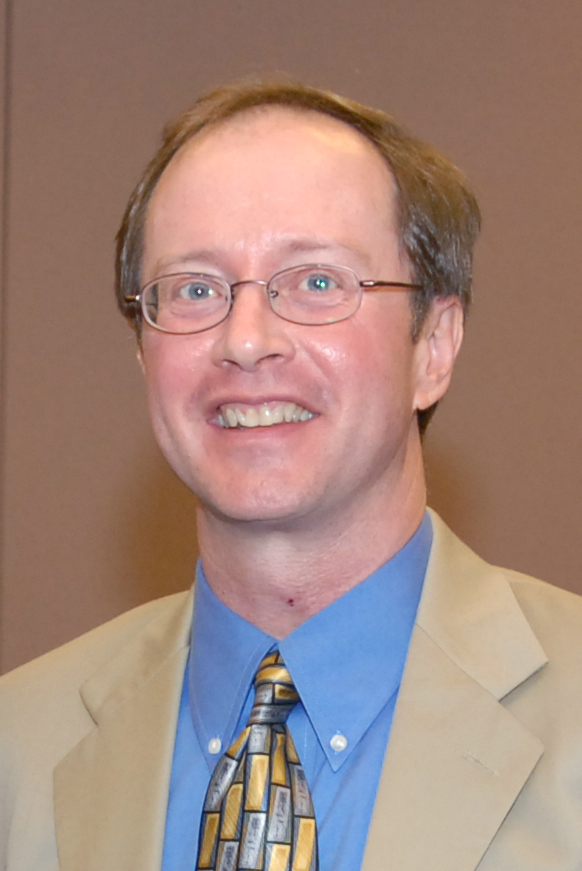
Daniel Conway, Ph.D.
A.I. and Manet Schepps Foundation Teaching Fellow (Texas A&M University), 2017-2018
A native of Terre Haute, Indiana, Daniel Conway received his BA in Philosophy and Economics from Tulane University and his PhD in Philosophy from the University of California, San Diego. He has held faculty appointments at Stanford University, Harvard University, Penn State University, and, since 2006, Texas A&M University, where he is Professor of Philosophy and Humanities and Affiliate Professor of Film Studies and Religious Studies. He is also a core faculty member in the Philosophy for Children initiative (P4C Texas).
Conway has lectured and published widely on topics pertaining to post-Kantian European philosophy, political theory, philosophy of religion, philosophy and literature, philosophy and film, American philosophy, aesthetics, and genocide studies. His research has been supported by competitive grants from the National Endowment for the Humanities, the Alexander von Humboldt-Stiftung (declined), the Oregon Humanities Center, the DAAD, the National Humanities Center, the Andrew W. Mellon Foundation, the Centre for Research in Philosophy and Literature at the University of Warwick, the Institute for the Arts and Humanities at Penn State University, the Southeastern Conference, and the USC Shoah Foundation Center for Advanced Genocide Research. He is the author of three books, the editor or co-editor of thirteen volumes, and the author of more than 100 articles in scholarly journals and edited collections. He is the proud father of two young feminists.
During his residency at the USC Shoah Foundation Center for Advanced Genocide Research, Professor Conway researched testimonies focusing on the theme of dehumanization and stories where the survivors described how they felt like “robots” or “zombies” while they were imprisoned in concentration camps. Conway incorporatde such testimonies into a course he teaches about philosophy in science fiction films, in particular how sci-fi films (The Matrix and District 9) often portray forms of genocide.